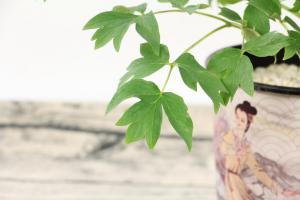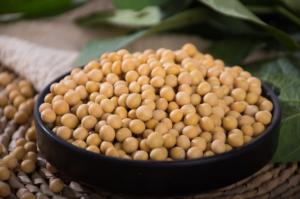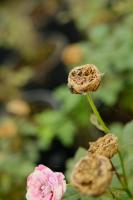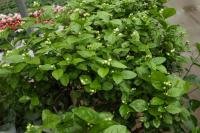Three drunk Hibiscus
"Drunk hibiscus, white in the morning, peach red in the afternoon and red in the evening are very good."—— "Guangqunfang spectrum"
Three drunken hibiscus, also known as wood hibiscus, is a kind of mallow. It blooms white in the morning, pink at noon and crimson in the evening, so people give it the poetic name three drunken hibiscus
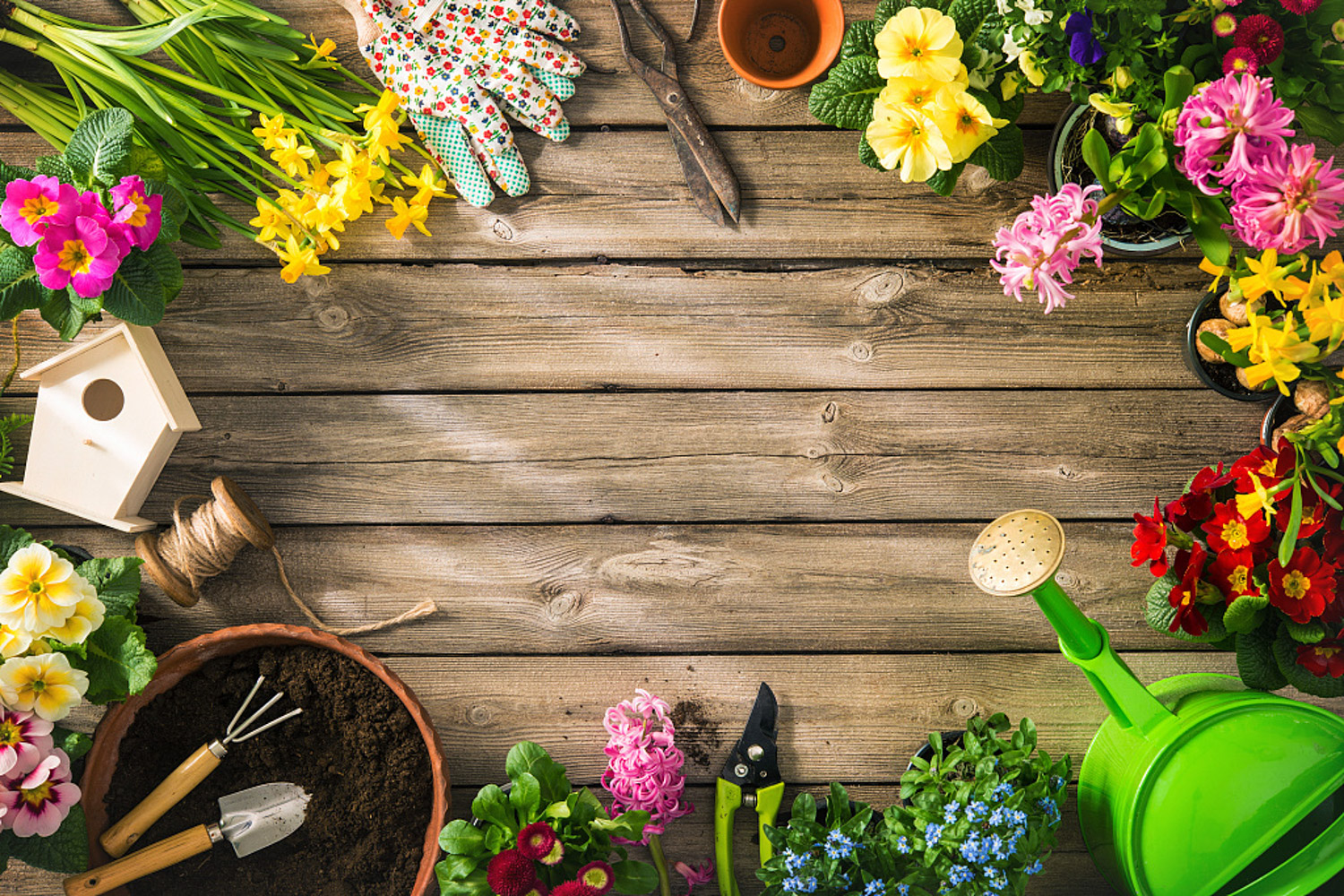
1. Cause of discoloration
Three drunk Hibiscus discoloration is because the anthocyanins and acids in the petals will change with the temperature, and the temperature fluctuation in a day can affect the color~
2. Key points of maintenance
Habit: like Yang and humidity, slightly resistant to Yin and cold
Soil: sandy soil mixed with garden soil, or planted in courtyard or riverside
Water content: water once every 2-3 days at ordinary times, and ground planting can be ignored
Fertilization: apply organic fertilizer in early winter and spring
Hydrangea
Hydrangea discoloration is believed to be familiar to everyone. It may change color after buying it and raising it for a few days. The same tree can also produce flower balls of different colors
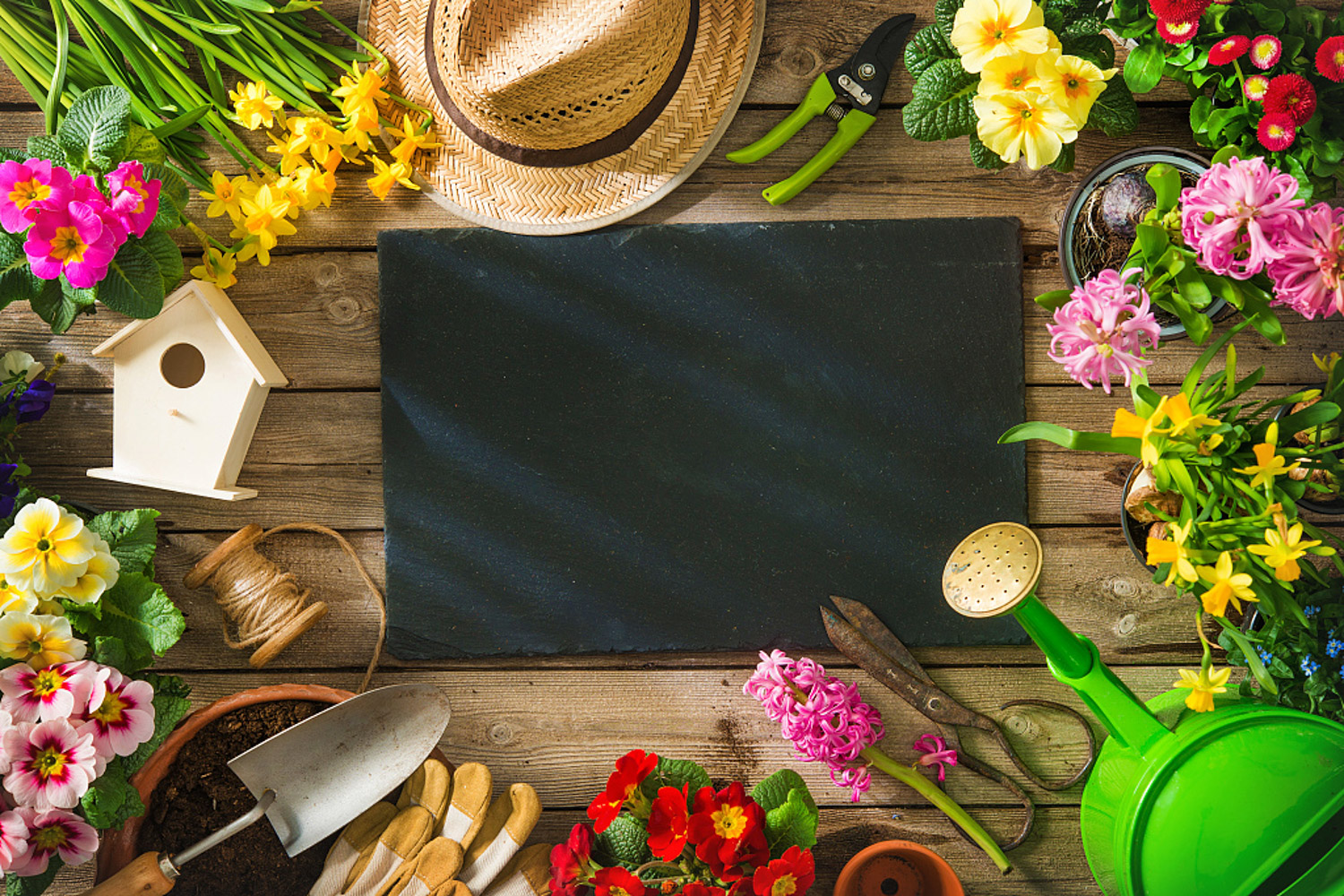
1. Cause of discoloration
Common Hydrangea has three major color systems: white, red and blue. In addition to different varieties and different colors, the acidity and alkalinity of soil can also determine the color. Generally speaking, it is acid blue and alkali red
The white Hydrangea turns green at first, and then turns white. If it is earthy acid, it will turn blue, and earthy alkali will turn red
For red varieties, the color of earthy acid turns blue, and earthy alkali accentuates red
Blue varieties, earthy acid flowers add blue tone, earthy alkali turns purple and then pink
Please note that the flowers on the same Hydrangea have different colors due to different opening hours
2. Key points of maintenance
Habits: like mild and half Yin, afraid of sun and waterlogging
Soil: Sandy Soil Mixed Garden Soil
Moisture: water once every 2-3 days
Wintering: wintering can be carried out in the south of the Yangtze River, while keeping warm in the north
3. Artificial discoloration
Changing the color should be done before a little bud comes out during the growth period. It mainly depends on adjusting the aluminum ion in the soil to control the pH, mainly changing blue and red
Open blue flowers: A. pour aluminum sulfate solution (aluminum sulfate and water = 3:1000) about 3 times a month; b. Solid aluminum powder, sprinkle 2-3g in the basin soil each time, sprinkle twice a month, OK
Red flowers: it's easier to have red flowers. You can sprinkle slaked lime in the basin 2-3 times and 2-3g at a time. Be careful not to sprinkle it on the flowers, which is easy to burn to death~
Water lily
Water lilies are getting better. It's really suitable to wear light makeup and heavy makeup. You can't see enough~
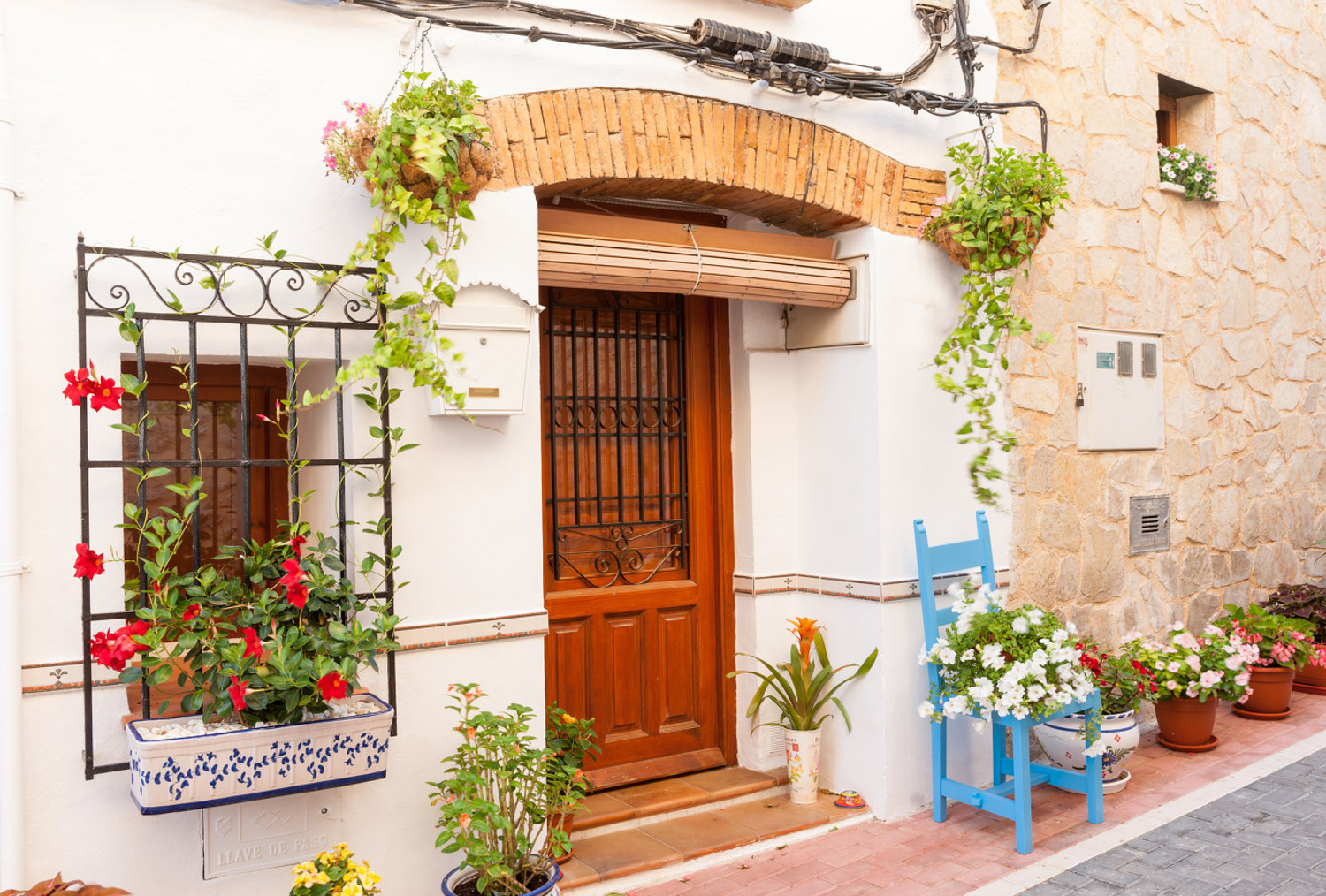
1. Cause of discoloration
The color change of water lilies is mostly due to their own reasons. The concentration of anthocyanins and acids in the petals will change and the color will change from the first flower to flower failure
2. Key points of maintenance
Flowerpot: select a basin with large opening and outward expansion of basin edge
Soil: clay and Yangming Mountain soil are selected at the bottom
Fertilization: add root fertilizer twice a month in spring and summer, and stop in autumn and winter
Pruning: when the flowers are bent and half withered, they should be pruned in time to ensure compound flowers
Rose
Many flower friends know that roses change color, but do you know why? There are many reasons
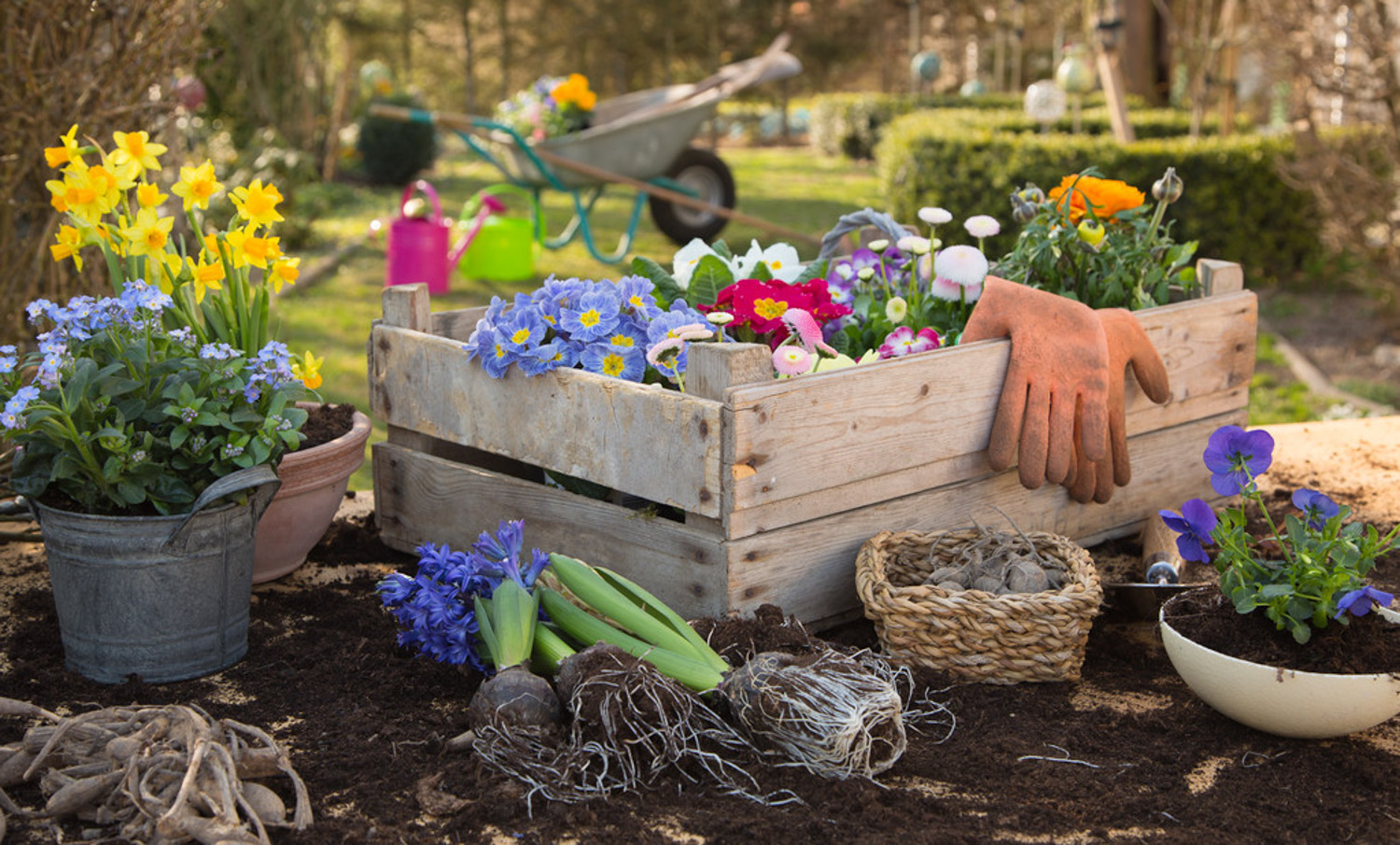
1. Cause of discoloration
Light: the color change of rose is mostly due to the light. The strong light of yellow rose will turn red, and the green rose will gradually turn white or appear pink edge
Variety: some roses, such as spectrum, double happiness, rattan rainbow, etc., naturally change color
PH: the pH absorbed by the corolla during flowering is inconsistent, resulting in color change due to time synchronization during flowering
Grafting: when roses of different colors and varieties are grafted together, they can produce different flowers
2. Key points of maintenance
Habits: like light and fertilizer, insect disease
Soil: nutrient soil, rotten leaf soil and mixed garden soil
Fertilization: apply fertilizer 1-2 times a month, including manure, peel and shell
Pruning: prune weak and blind branches in early spring and after flowering
Five color plum
Five color plum, also known as Lantana camara, is an evergreen shrub. It can bloom almost all year round. Each flower has three or four colors
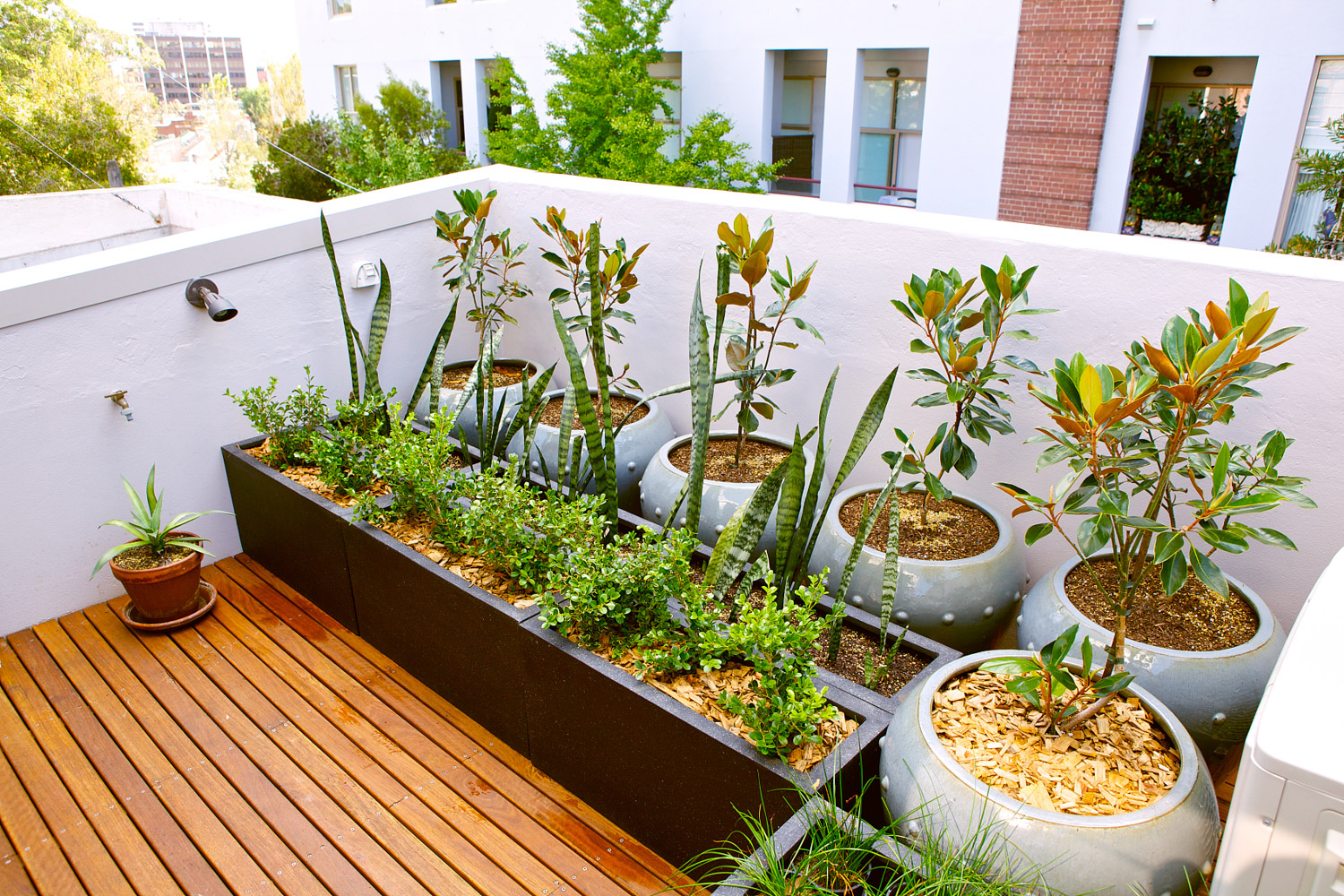
1. Cause of discoloration
The color change of five color plum evolved naturally, mainly to attract small insects to pollinate and fertilize
2. Key points of maintenance
Habits: like warm, damp and hot
Soil: ordinary garden soil
Smell: the smell is a little smelly, but it can drive away mosquitoes
Overwintering: the South can overwinter, and the North needs to keep warm
Two color Jasmine
Two color jasmine is also called Mandarin Duck jasmine, which is named because it usually has two colors
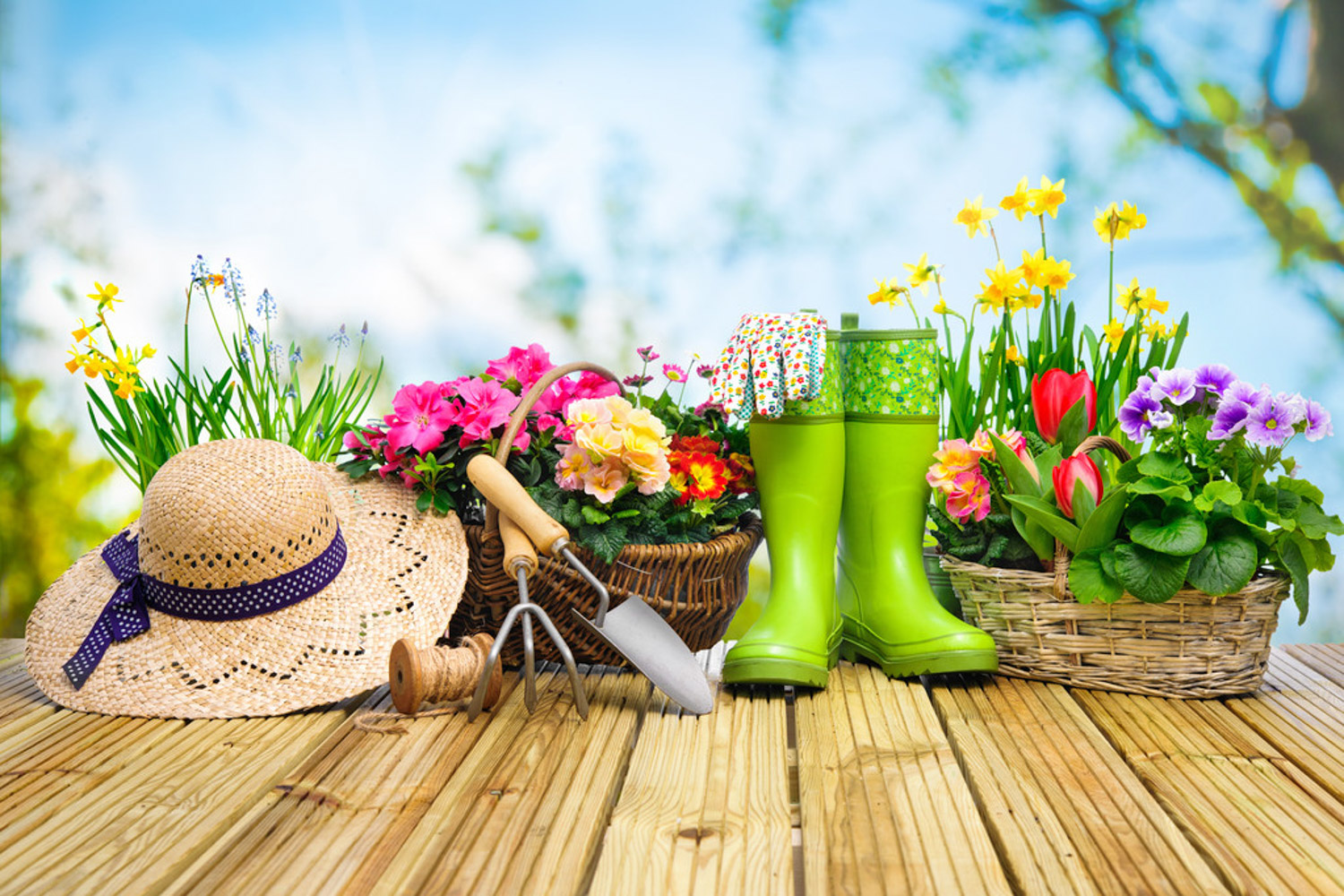
1. Cause of discoloration
When the flowers bloom, they are dark purple. Two or three days later, under the influence of light, temperature and other factors, the pigment gradually disappears and turns into pure white. Because the flowering sequence is different, the flowering color of the same plant is not uniform
2. Key points of maintenance
Habits: like warm and humid, afraid of waterlogging, dry soil before watering
Soil: nutrient soil, mixed sandy soil and garden soil
Light: like light and ensure more than 4 hours of light every day
Overwintering: the South can overwinter, and the North needs to keep warm
It seems that it's not just animals that will change their faces
Even the flowers will change "face" to show you
Interested flower friends
Raise it quickly~

 jackfruit
jackfruit snake plant
snake plant hibiscus
hibiscus hydrangea
hydrangea lavender
lavender Green roses climb al...
Green roses climb al... If you don't pay att...
If you don't pay att... Management of four g...
Management of four g...
